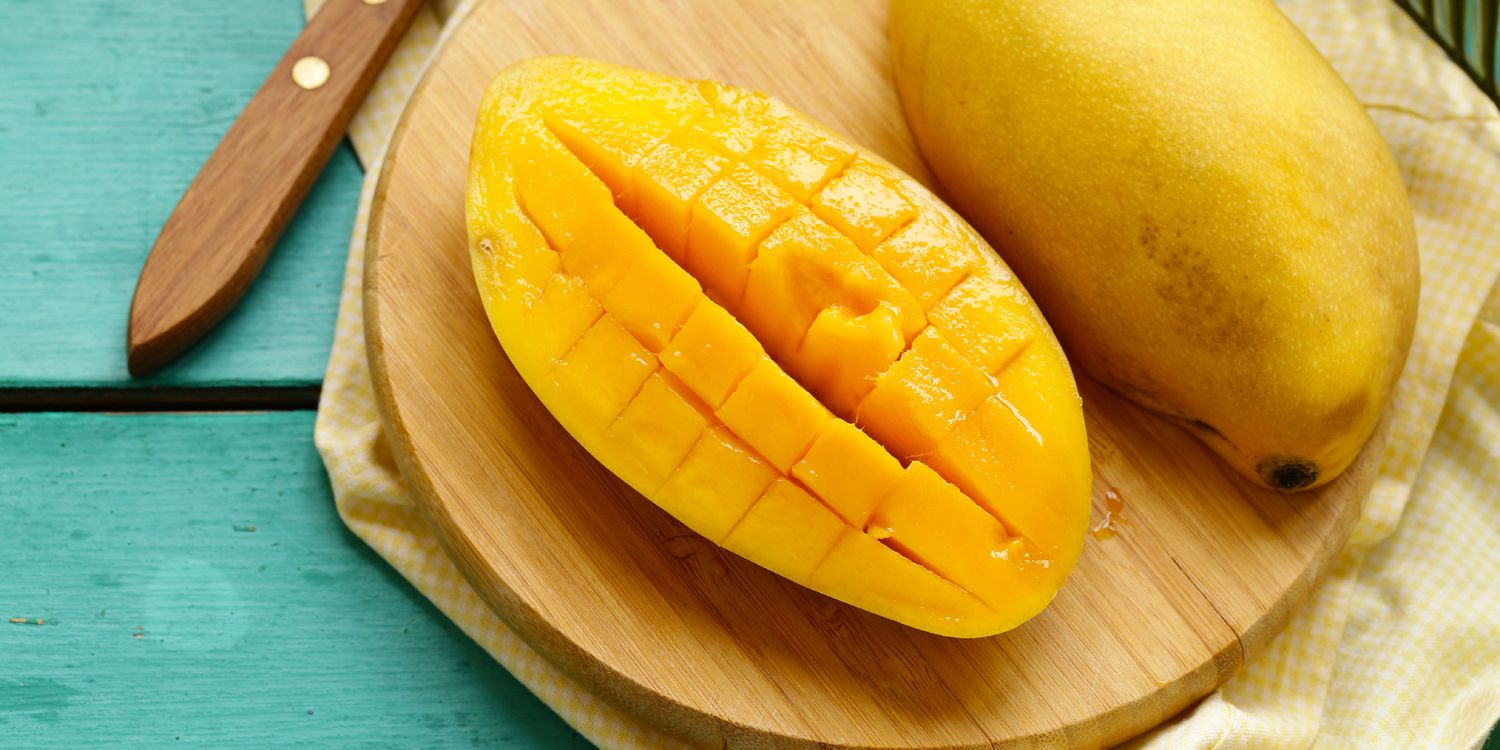

Articles
How To Store Ripe Mangoes
Modified: August 16, 2024
Learn the best methods for storing ripe mangoes with these informative articles. Keep your mangoes fresh and delicious for longer!
(Many of the links in this article redirect to a specific reviewed product. Your purchase of these products through affiliate links helps to generate commission for Storables.com, at no extra cost. Learn more)
Introduction
Mangoes are a delicious and tropical fruit that brings a burst of sweetness to any dish or snack. When it comes to enjoying mangoes, it’s important to know how to store them properly, especially when they are ripe. Storing ripe mangoes correctly can help extend their shelf life, maintain their flavor, and prevent them from spoiling too quickly.
In this article, we will explore the importance of storing ripe mangoes and provide you with some practical tips on how to store them effectively. Whether you want to savor the sweetness of ripe mangoes for a longer period or simply avoid wasting these delightful fruits, this guide will help you maintain the quality and freshness of your mangoes.
By understanding the best practices for storing ripe mangoes, you can enjoy this luscious fruit at its peak and have a ready supply for your favorite recipes and snacks.
Key Takeaways:
- Properly storing ripe mangoes is crucial to preserve flavor, extend shelf life, and reduce food waste. Choose, prepare, and store mangoes correctly to enjoy their sweetness year-round.
- Whether at room temperature, in the refrigerator, or frozen, following the right storage techniques ensures ripe mangoes stay fresh and ready to elevate your culinary creations.
Read more: How To Store Mango
Importance of Storing Ripe Mangoes
Storing ripe mangoes properly is crucial for several reasons. First and foremost, it helps to preserve their flavor and texture. Ripe mangoes are known for their juicy and succulent flesh, with a perfect balance of sweetness and tanginess. Proper storage ensures that these flavors are maintained and not compromised.
By storing ripe mangoes correctly, you can also extend their shelf life. Ripe mangoes are highly perishable and can spoil quickly if not stored properly. With the right storage techniques, you can prevent premature ripening and enjoy your mangoes for a longer period.
Another benefit of storing ripe mangoes is the ability to have a readily available supply. Mangoes are seasonal fruits, and their availability may be limited to certain times of the year. By storing ripe mangoes, you can enjoy their delectable taste even when they are out of season or not easily accessible.
Furthermore, proper storage of ripe mangoes helps to reduce food waste. Mangoes that are not stored correctly can become overripe or spoiled, leading to unnecessary waste. By implementing the proper storage techniques, you can prolong the lifespan of your mangoes and minimize food wastage.
Lastly, storing ripe mangoes allows you to experiment with recipes and enjoy their versatility. Whether you want to use mangoes in salads, smoothies, desserts, or savory dishes, having ripe mangoes on hand gives you the freedom to explore different culinary creations.
Overall, the importance of storing ripe mangoes lies in preserving their flavor, extending their shelf life, ensuring availability, reducing food waste, and allowing for culinary creativity. Now that we understand why it is essential to store ripe mangoes correctly, let’s explore how to choose the right mangoes for storage.
Choosing the Right Mangoes for Storing
When it comes to storing mangoes, selecting the right ones is the first step towards successful storage. Here are some tips to help you choose the best mangoes for storing:
- Look for ripe mangoes: While it may seem obvious, choosing mangoes that are already ripe is crucial for successful storage. Ripe mangoes have a slight give when gently squeezed and emit a sweet aroma.
- Check for blemishes: Inspect the mangoes for any signs of bruising, soft spots, or mold. Avoid mangoes with blemishes, as they are more likely to spoil quickly.
- Consider the variety: Different mango varieties have varying levels of sweetness, texture, and ripening time. Depending on your preference and intended use, choose a variety that suits your taste. Popular varieties include Alphonso, Ataulfo, Tommy Atkins, and Kent.
- Consider ripeness stage: If you plan to consume the mangoes immediately, choose ones that are fully ripe. However, if you want to extend their shelf life, opt for mangoes that are slightly underripe, as they will continue to ripen during storage.
By selecting ripe mangoes that are in good condition, you set yourself up for successful storage and enjoyable mangoes in the days to come.
Preparing Mangoes for Storage
Before storing mangoes, it is important to properly prepare them to maximize their shelf life. Follow these steps to prepare mangoes for storage:
- Wash the mangoes: Start by rinsing the mangoes under cool water to remove any dirt or debris. Gently scrub the skin with a soft brush to ensure cleanliness.
- Dry the mangoes: After washing, pat dry the mangoes with a clean towel or let them air dry. Excess moisture can promote the growth of mold or bacteria, so it is important to ensure that the mangoes are completely dry before storage.
- Remove any stickers or labels: Check the mangoes for any stickers or labels and remove them. These labels can trap moisture and potentially cause the mangoes to spoil faster.
- Sort mangoes by ripeness: If you have a mix of ripe and unripe mangoes, sort them based on their ripeness level. This will allow you to use the ripe mangoes first and give the unripe ones more time to ripen.
Once you have prepared the mangoes for storage, you can proceed with storing them at room temperature, in the refrigerator, or by freezing them, depending on your preference and the desired shelf life.
Storing Mangoes at Room Temperature
Storing mangoes at room temperature is the most common method, especially if you plan to consume them within a few days. Here are the steps to store mangoes at room temperature:
- Find a cool and well-ventilated area: Choose a spot in your home that is relatively cool and has good airflow. Avoid areas that are exposed to direct sunlight or sources of heat, as this can speed up the ripening process.
- Place the mangoes in a fruit bowl or on a countertop: Arrange the mangoes in a single layer, making sure they have enough space between them. This helps prevent them from getting squished and allows air to circulate around them.
- Check for ripeness daily: Check the mangoes daily to monitor their ripening process. Once they reach the desired level of ripeness, you can either consume them or transfer them to the refrigerator to slow down further ripening.
It is important to note that mangoes stored at room temperature will continue to ripen. Therefore, if you have a large quantity of mangoes or want to prolong their shelf life, it’s recommended to store some of them in the refrigerator.
Next, let’s explore how to store mangoes in the refrigerator for extended freshness.
Store ripe mangoes in the refrigerator to slow down the ripening process and keep them fresh for longer. Place them in a paper bag to prevent moisture buildup.
Read more: How To Store Ripe Figs
Storing Mangoes in the Refrigerator
If you want to extend the shelf life of your mangoes or slow down the ripening process, storing them in the refrigerator is a great option. Here’s how to store mangoes in the refrigerator:
- Choose ripe or slightly underripe mangoes: Ideally, select mangoes that are already ripe or slightly underripe for refrigeration. Mangoes that are too green will not ripen properly in the refrigerator.
- Separate the mangoes: Place the mangoes in a paper bag or wrap each mango individually in a paper towel. This helps absorb excess moisture and prevents the mangoes from touching, which can lead to bruising or rotting.
- Store in the crisper drawer: Put the mangoes in the crisper drawer of your refrigerator. The crisper drawer provides a slightly higher humidity environment, which is ideal for storing fruits.
- Keep away from strong-smelling foods: Mangoes can easily absorb odors, so it’s important to keep them away from strong-smelling foods like onions or garlic to prevent flavor transfer.
- Check regularly: Check the mangoes every few days to see their ripening progress. If you notice any overripe or spoiled mangoes, remove them to prevent spoilage from spreading to other fruits.
By storing mangoes in the refrigerator, you can significantly prolong their shelf life and enjoy them over an extended period. However, keep in mind that refrigerated mangoes may develop a slightly different texture compared to those stored at room temperature, but their flavor will remain intact.
Next, let’s explore another option for storing ripe mangoes – freezing them.
Freezing Ripe Mangoes
If you have an abundance of ripe mangoes or want to preserve them for future use, freezing is an excellent option. Freezing ripe mangoes allows you to enjoy their sweet and juicy flavor even when they are out of season. Here’s how to freeze ripe mangoes:
- Peel and slice the mangoes: Start by peeling the mangoes and removing the flesh from the pit. Slice the mangoes into desired shapes, such as cubes or slices.
- Arrange on a baking sheet: Lay the mango slices or cubes on a baking sheet lined with parchment paper or a silicone mat. Make sure they are not touching each other to prevent them from sticking together.
- Flash freeze the mangoes: Place the baking sheet with the mangoes in the freezer and let them freeze for about 2 hours or until they are firm. Freezing them individually like this prevents clumping and allows you to easily portion out the desired amount later on.
- Transfer to a freezer-safe container: Once the mangoes are flash frozen, transfer them to airtight freezer-safe containers or resealable freezer bags. Remove as much air as possible before sealing to prevent freezer burn.
- Label and date the containers: Don’t forget to label the containers with the contents and date of freezing. This helps you keep track of the freshness and allows you to use the oldest mangoes first.
- Store in the freezer: Place the containers of frozen mangoes in the freezer. They will keep well for up to 6 months.
When you’re ready to use the frozen mangoes, simply thaw them in the refrigerator overnight or use them directly in smoothies, desserts, or sauces while still frozen.
Now that you know how to freeze ripe mangoes, let’s explore how to store cut mangoes to maintain their freshness.
Storing Cut Mangoes
If you have cut mangoes that you want to store for later use, proper storage is essential to maintain their freshness and prevent them from spoiling. Here’s how to store cut mangoes:
- Choose ripe mangoes: Begin by selecting ripe mangoes for cutting. Ripe mangoes have a softer texture and are easier to cut.
- Cut the mangoes: Peel the mangoes and remove the flesh from the pit. Cut the mangoes into desired shapes, such as cubes or slices.
- Place in an airtight container: Transfer the cut mangoes into an airtight container. Make sure the container is properly sealed to prevent air from entering.
- Refrigerate for short-term storage: If you plan to consume the cut mangoes within a few days, store them in the refrigerator. They should stay fresh for up to 3-4 days when properly stored.
- Freeze for long-term storage: If you want to store the cut mangoes for a longer period, freeze them instead. Follow the steps mentioned earlier for freezing ripe mangoes.
- Label and date the container: Don’t forget to label the container with the contents and date of storage for easy identification later on.
When you’re ready to use the stored cut mangoes, thaw them in the refrigerator if frozen or use them directly while still chilled for a refreshing treat.
Remember to always use clean utensils while handling cut mangoes and discard any portions that show signs of spoilage or degradation.
Now that we’ve discussed how to store cut mangoes, let’s move on to some additional tips for prolonging the shelf life of ripe mangoes.
Tips for Prolonging the Shelf-life of Ripe Mangoes
If you want to make the most out of your ripe mangoes and extend their shelf life, here are some helpful tips to keep in mind:
- Handle with care: Mangoes are delicate fruits prone to bruising. Handle them with care to avoid any damage that can lead to spoilage.
- Avoid washing before storage: It’s best to wash mangoes just before consumption rather than before storage. Excess moisture can accelerate the ripening process and promote mold growth.
- Store in a cool place: Keep the ripe mangoes in a cool area of your home away from direct sunlight or heat sources. Avoid storing them near appliances like the oven or stove.
- Separate overripe mangoes: Check on your stored mangoes regularly and remove any overripe or moldy fruits. These can cause other mangoes to spoil faster.
- Use airtight containers: For storing cut mangoes or freezing them, use airtight containers or freezer bags to prevent air exposure and freezer burn.
- Consider using lemon or lime juice: To prevent browning of cut mangoes, you can sprinkle them with lemon or lime juice, which helps maintain their color and freshness.
- Avoid storing mangoes with other fruits: Some fruits, like apples and bananas, release ethylene gas, which can accelerate the ripening process of mangoes. Store mangoes separately to prevent premature ripening.
- Utilize the fridge for longer storage: If you have a large quantity of ripe mangoes, you can store some in the refrigerator to slow down the ripening process and extend their lifespan.
By following these tips, you can prolong the shelf life of your ripe mangoes and enjoy their sweet taste and juicy texture for a longer time.
Now that you’re equipped with the knowledge of how to store and prolong the shelf life of ripe mangoes, it’s time to enjoy their delectable flavor in various culinary creations!
Read more: How To Store Ripe Avocados
Conclusion
Storing ripe mangoes properly is essential to maintain their flavor, extend their shelf life, and reduce food waste. Whether you choose to store mangoes at room temperature, in the refrigerator, or by freezing them, following the right techniques can ensure that you can enjoy ripe mangoes throughout the year.
When storing ripe mangoes, it’s important to choose the right mangoes, prepare them correctly, and store them in suitable conditions. By selecting ripe mangoes, checking for blemishes, and sorting them by ripeness, you set yourself up for successful storage. Properly washing, drying, and removing labels from the mangoes ensures cleanliness and prevents moisture-related issues.
Storing ripe mangoes at room temperature allows them to continue ripening and is ideal for short-term consumption. On the other hand, refrigerating ripe mangoes slows down the ripening process and extends their shelf life. Freezing ripe mangoes is an excellent option for long-term storage, which allows you to enjoy their sweetness even when they are out of season.
If you have cut mangoes, storing them in airtight containers in the refrigerator can extend their freshness for a few days. Additionally, implementing various tips like handling the mangoes with care, avoiding excess moisture, and keeping them separate from other fruits can help prolong their shelf life.
By following these guidelines, you can ensure that your ripe mangoes stay fresh, flavorful, and ready to be enjoyed in your favorite dishes, smoothies, or simply as a refreshing snack.
So the next time you have ripe mangoes on hand, remember these valuable tips for proper storage. With the right techniques, you can make the most out of your mangoes and savor their delectable taste for as long as possible.
Frequently Asked Questions about How To Store Ripe Mangoes
Was this page helpful?
At Storables.com, we guarantee accurate and reliable information. Our content, validated by Expert Board Contributors, is crafted following stringent Editorial Policies. We're committed to providing you with well-researched, expert-backed insights for all your informational needs.
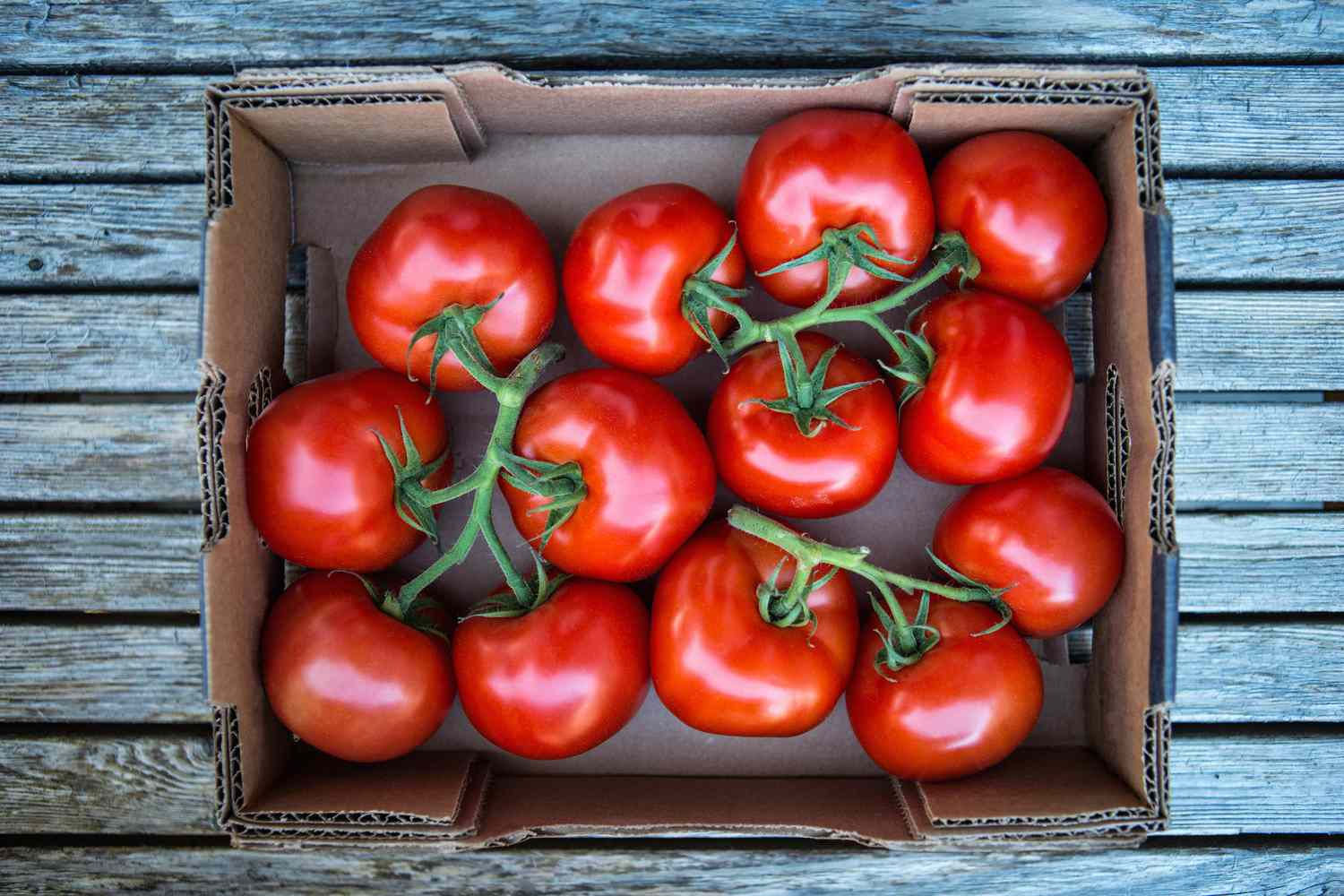
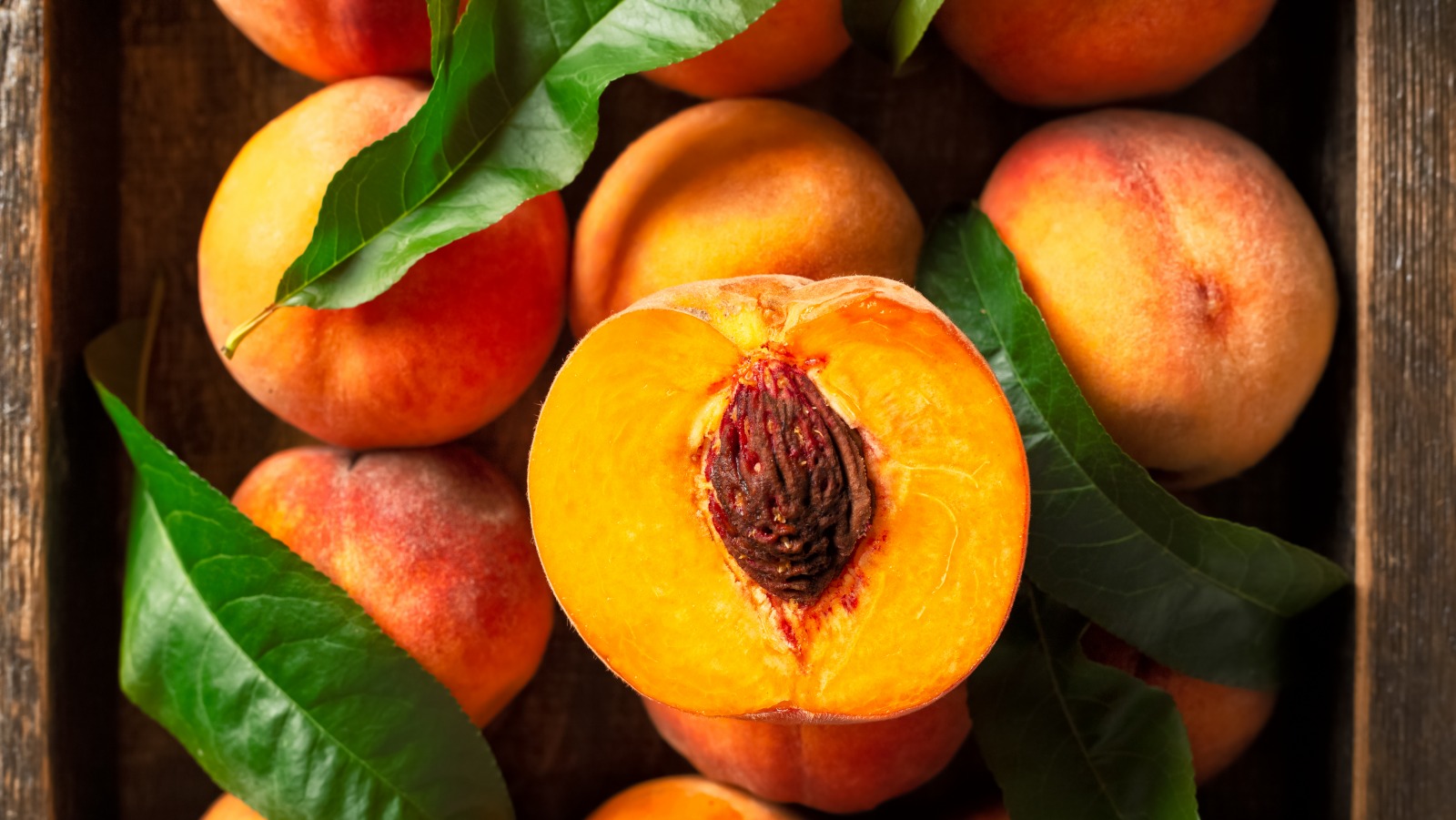
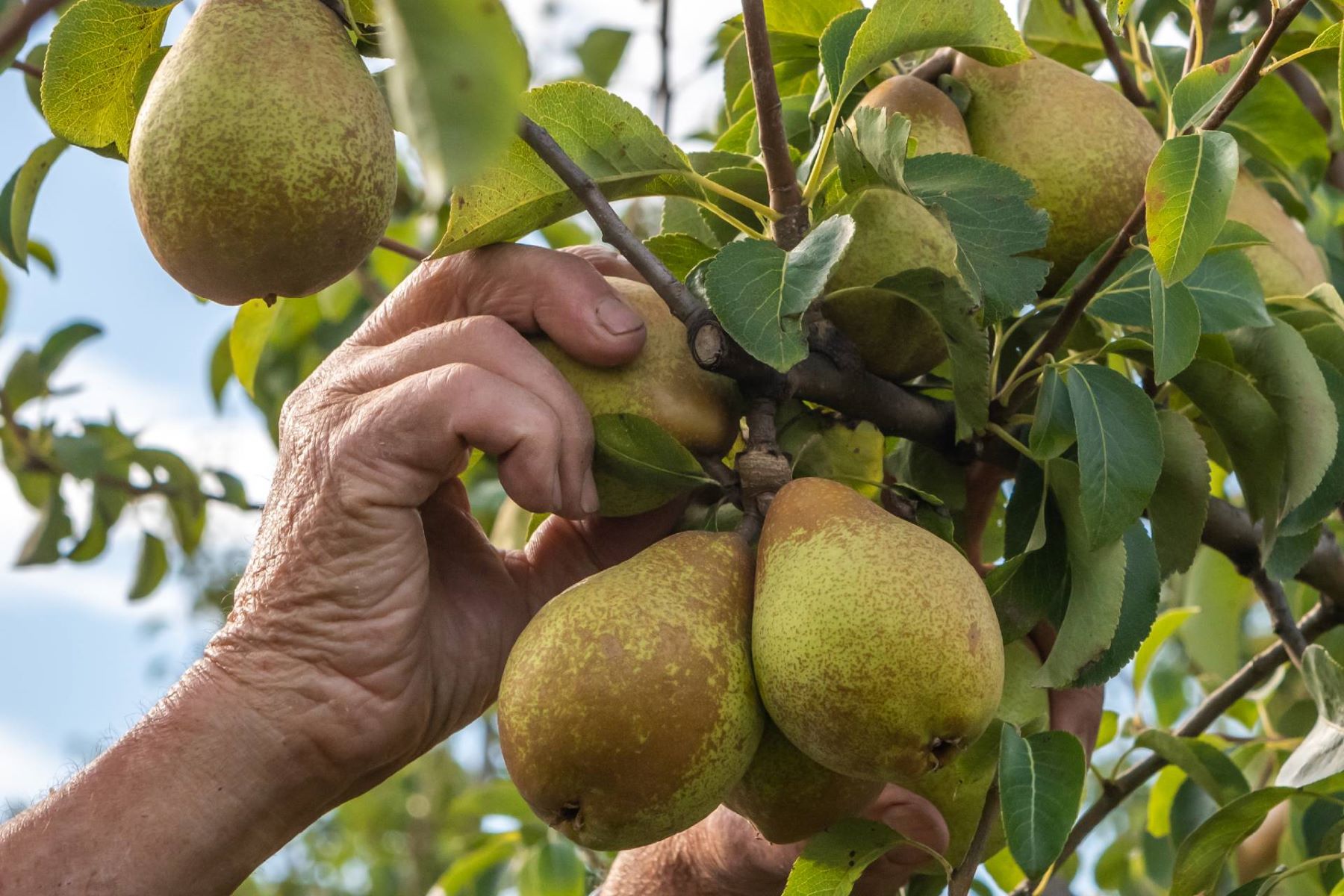
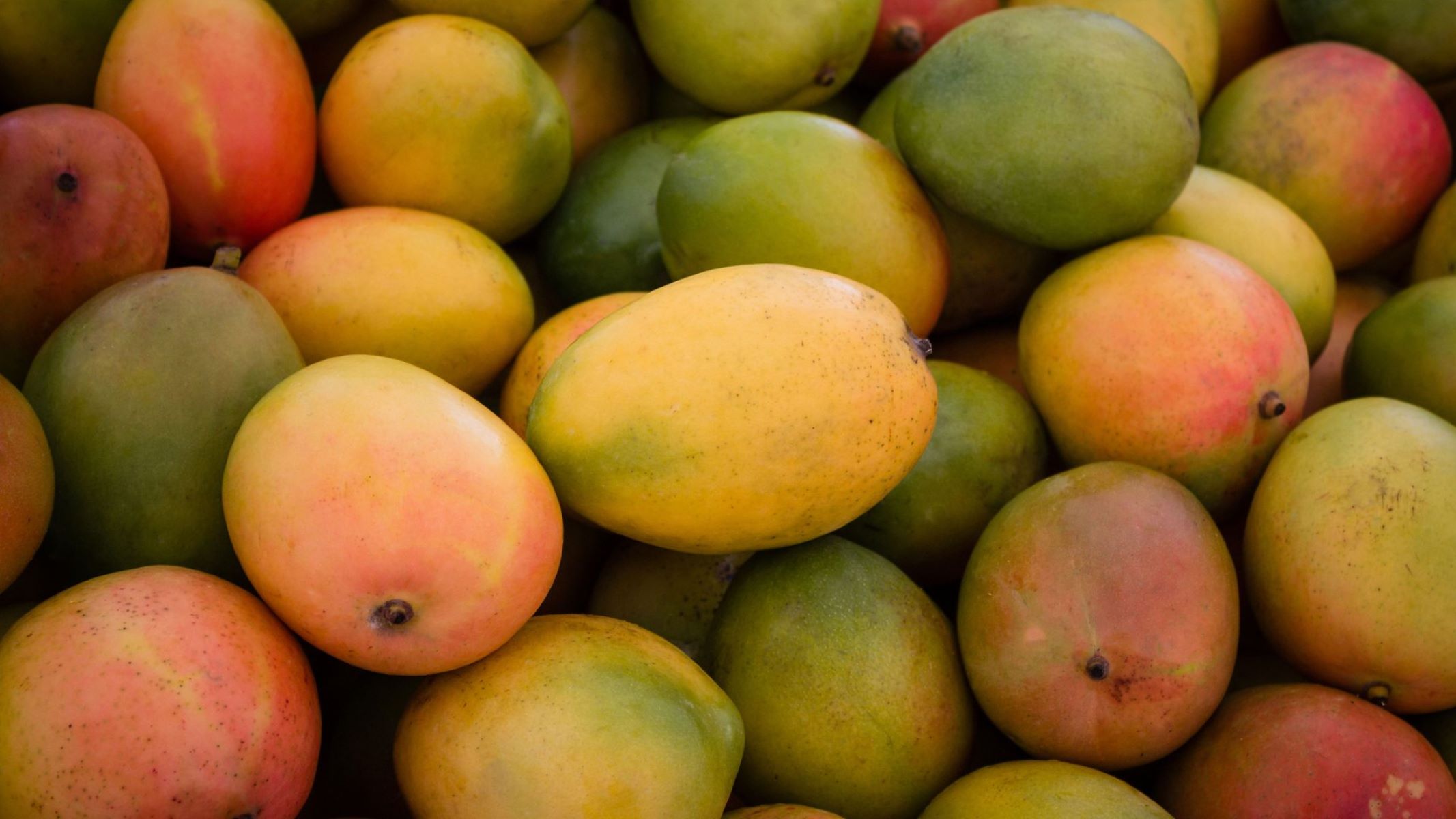
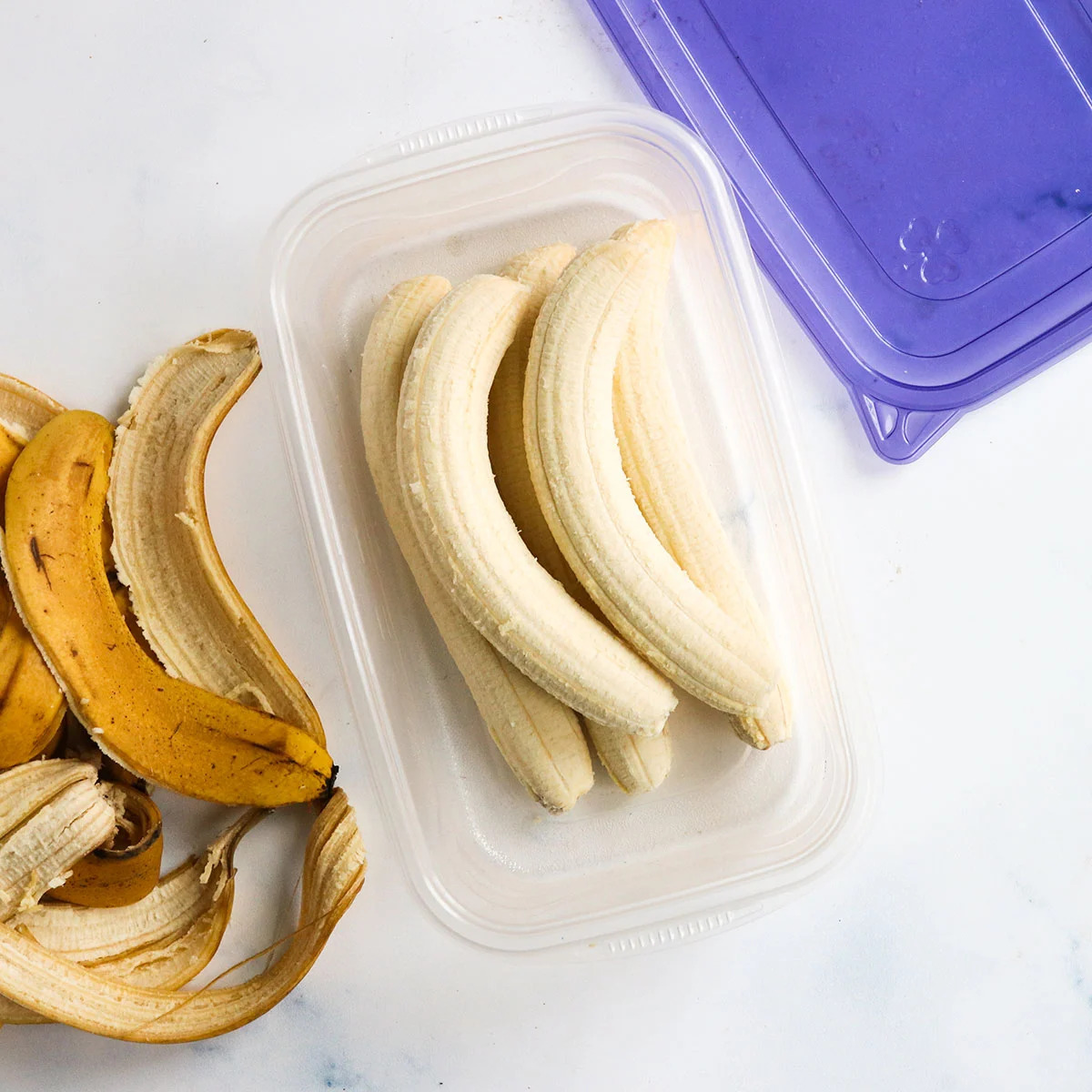
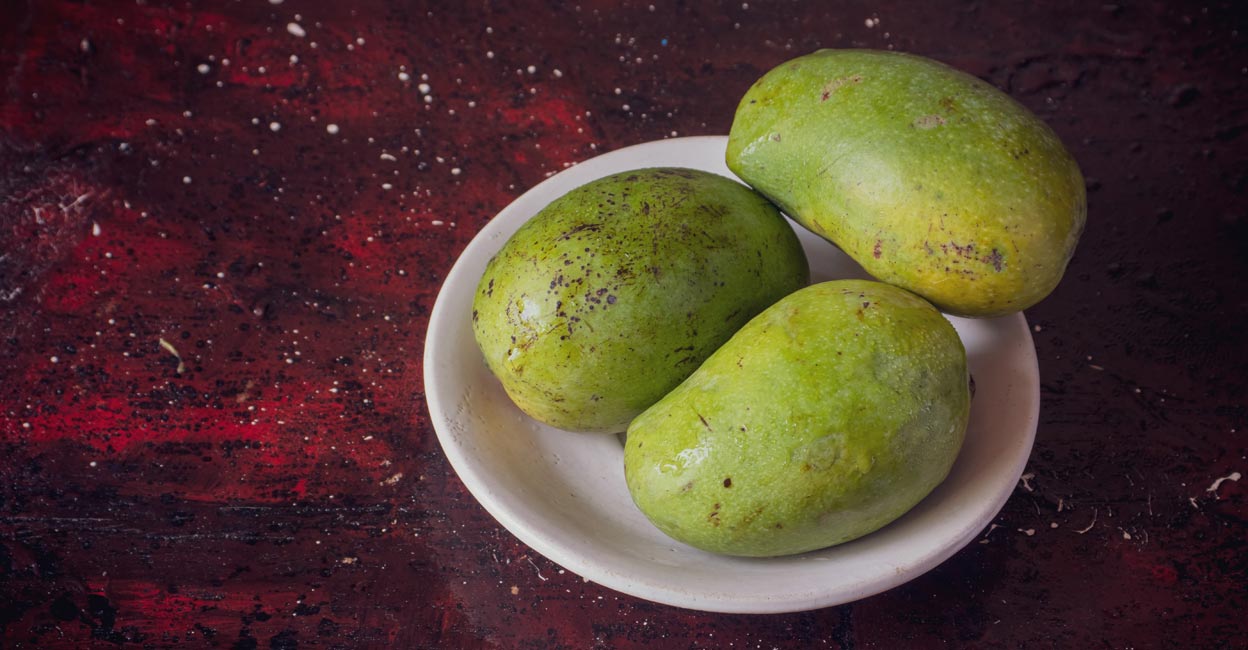

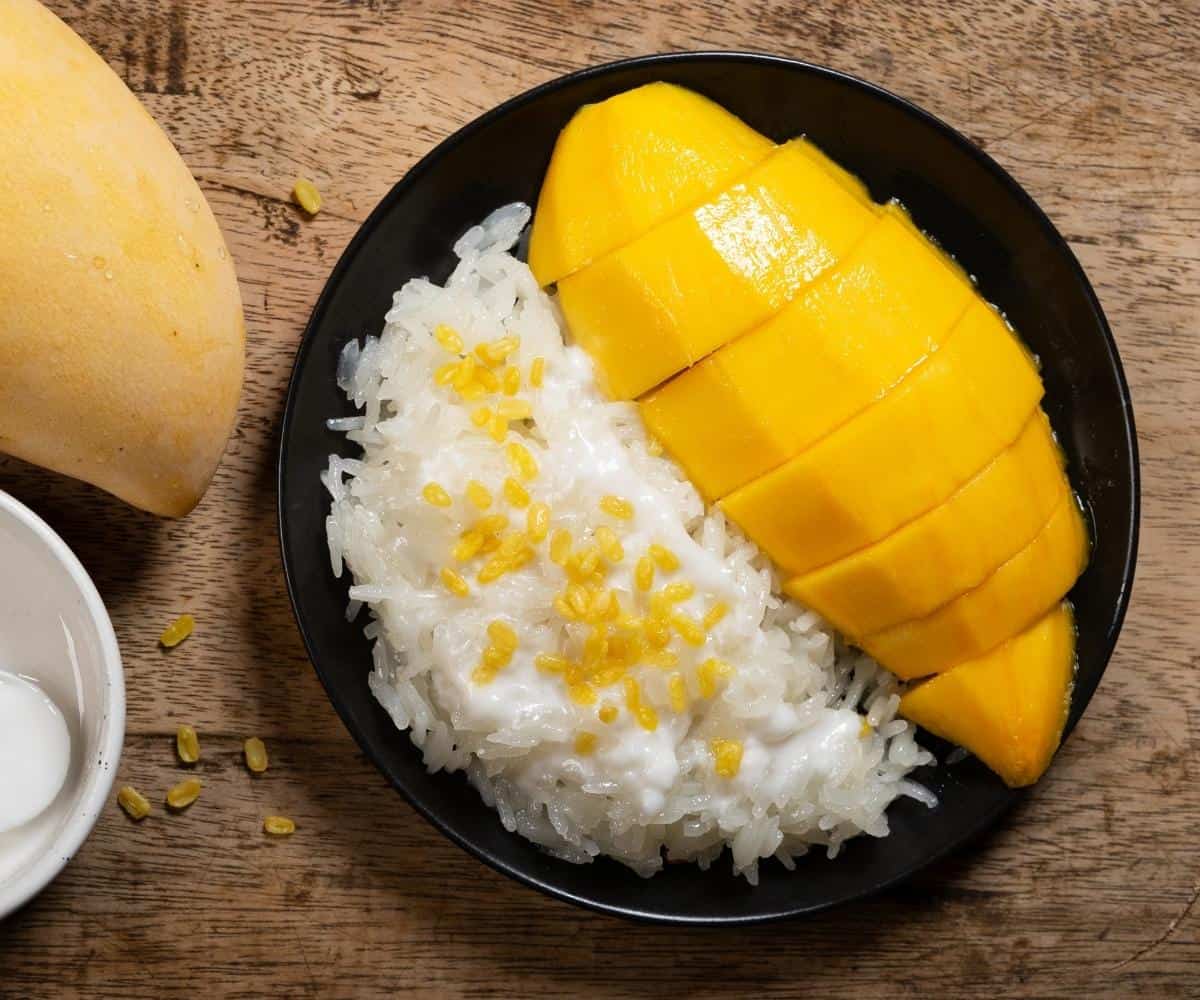
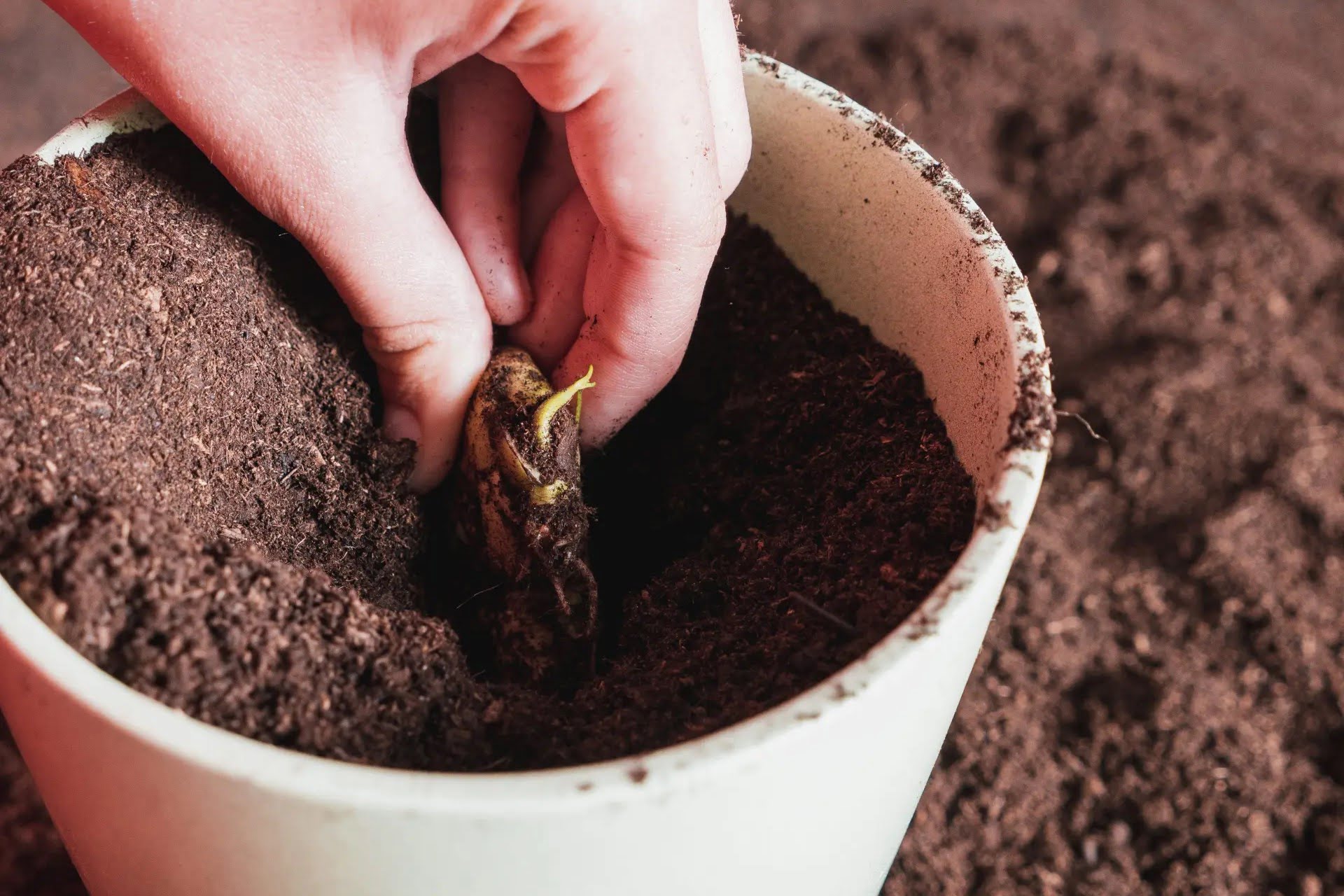
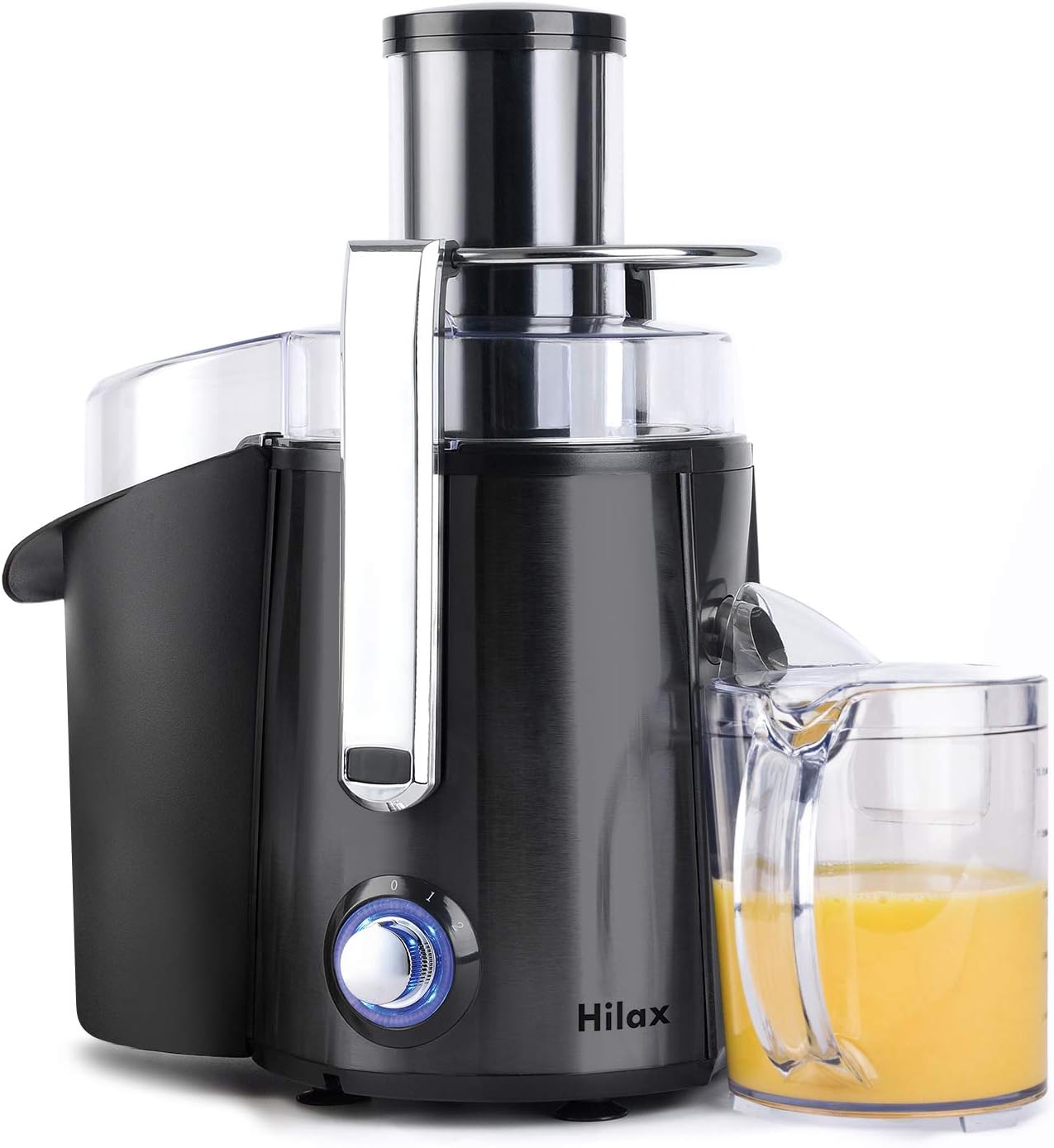
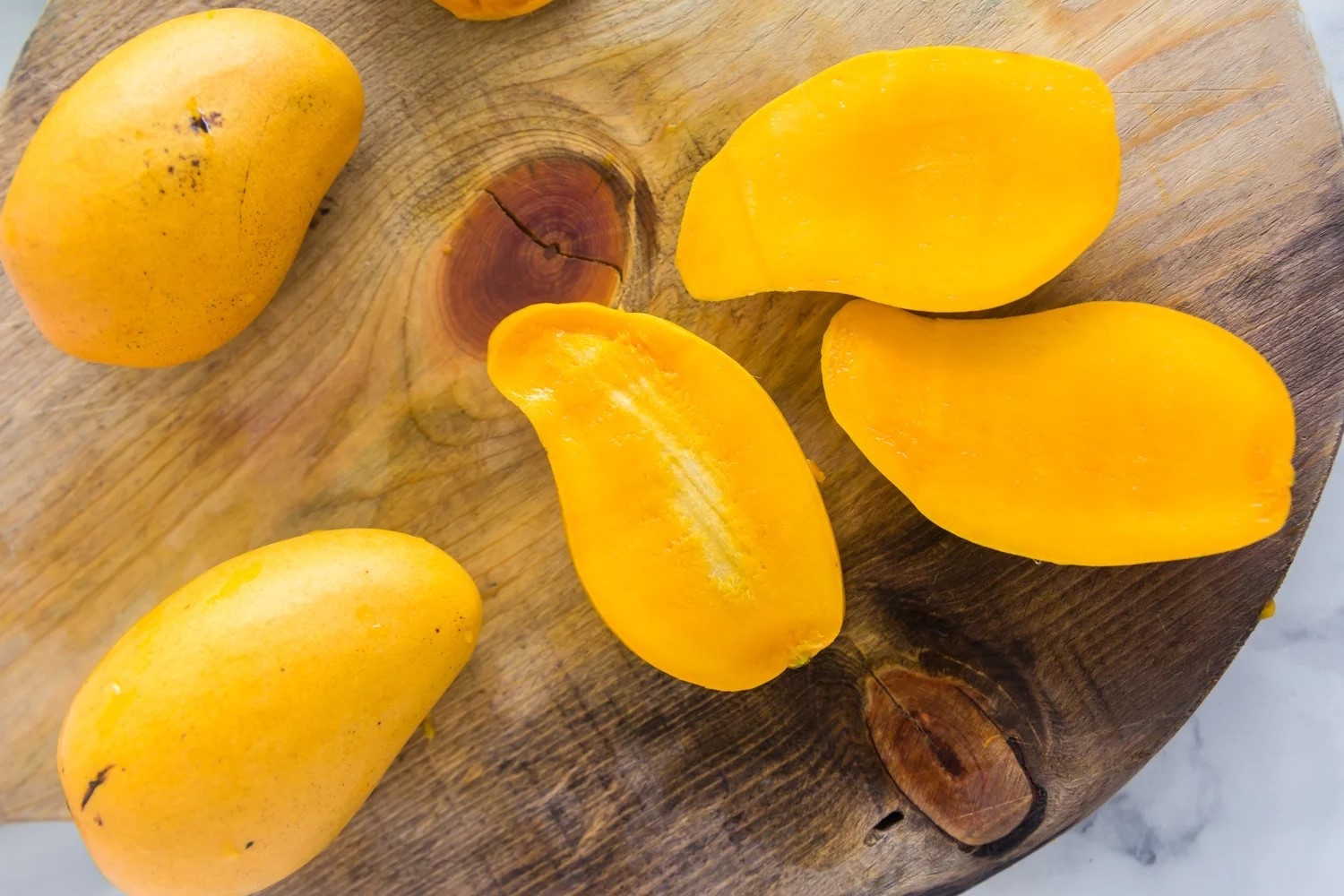



0 thoughts on “How To Store Ripe Mangoes”